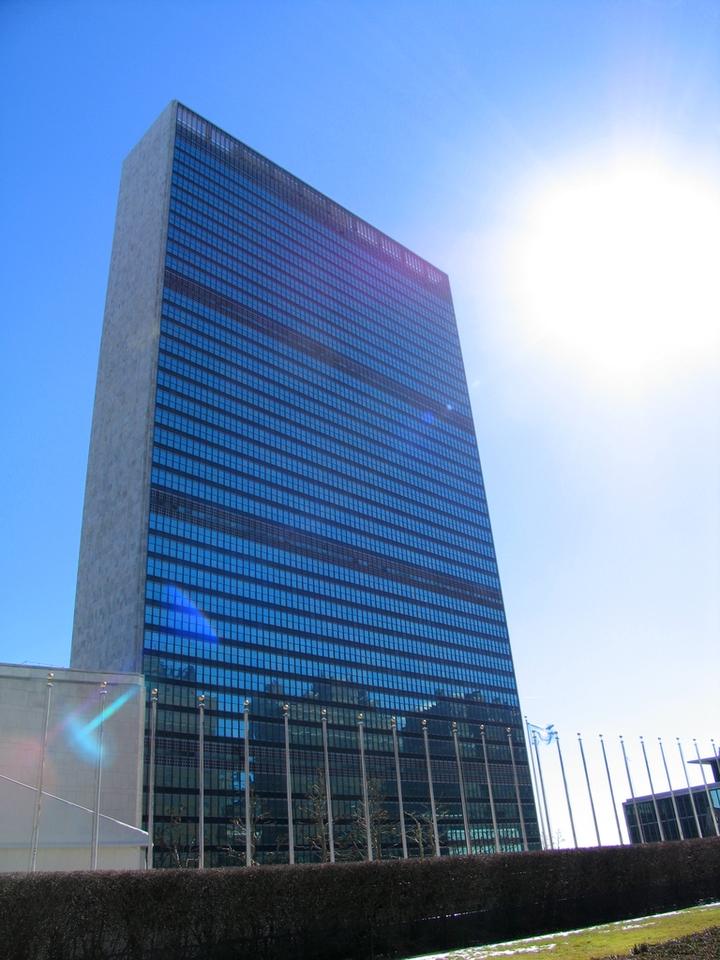Originally posted by Vangelovski
View Post
But in fact, with the increasing corporatisation (and related funding) of the UN in addition to the WEF/Alliance listed above, it would be impossible to implement.



Leave a comment: